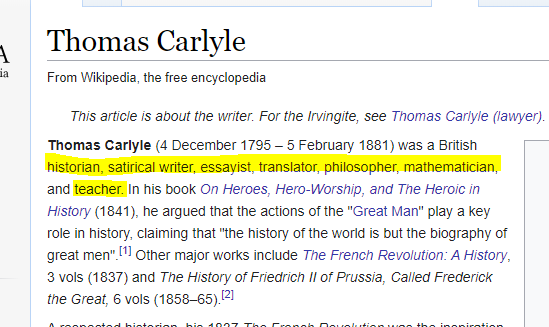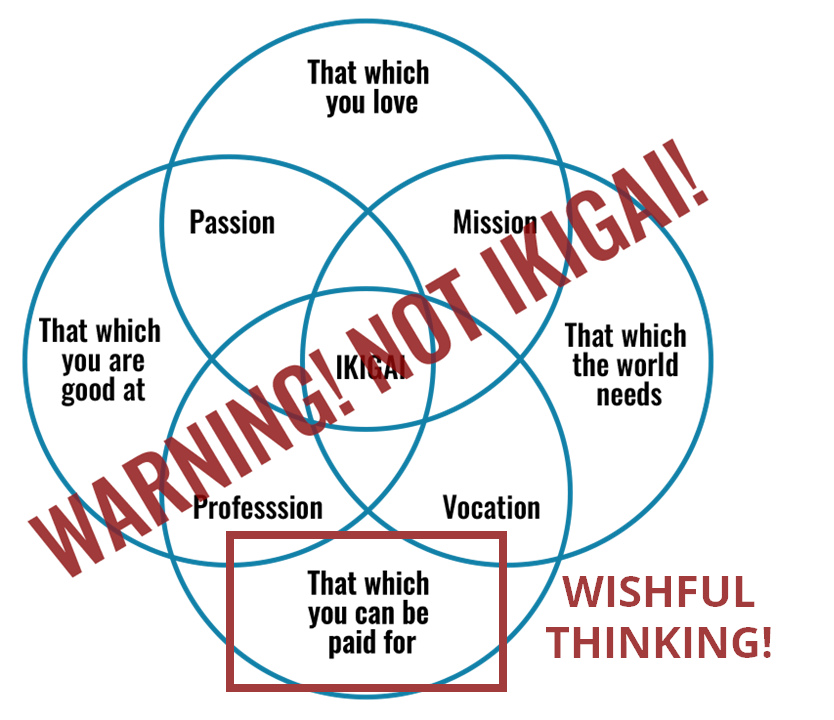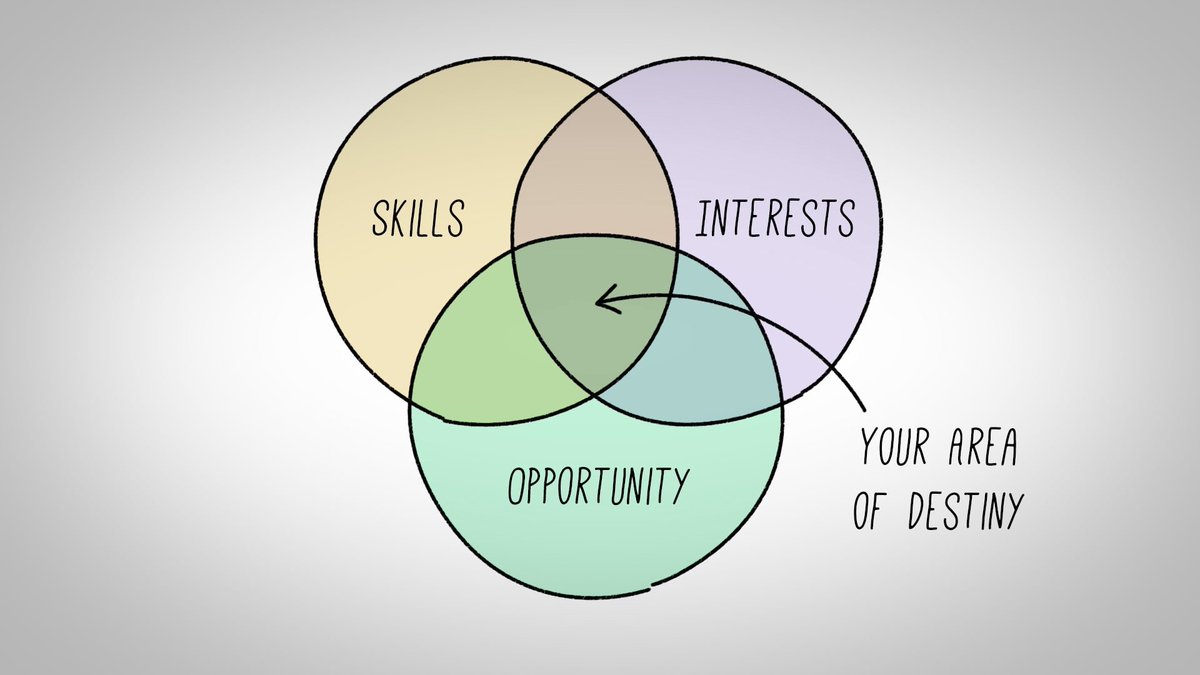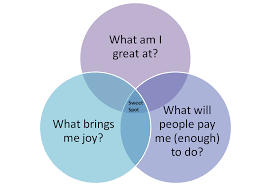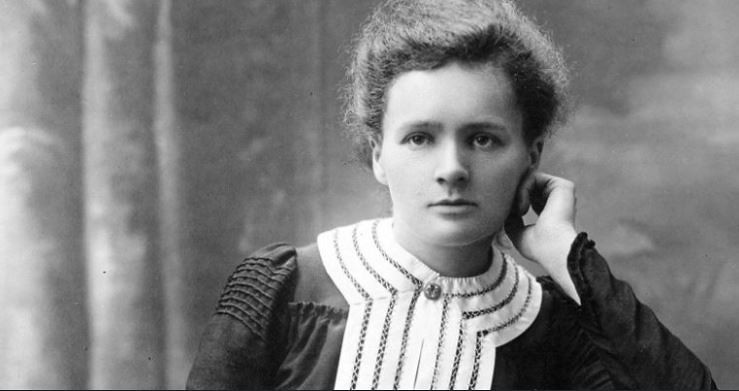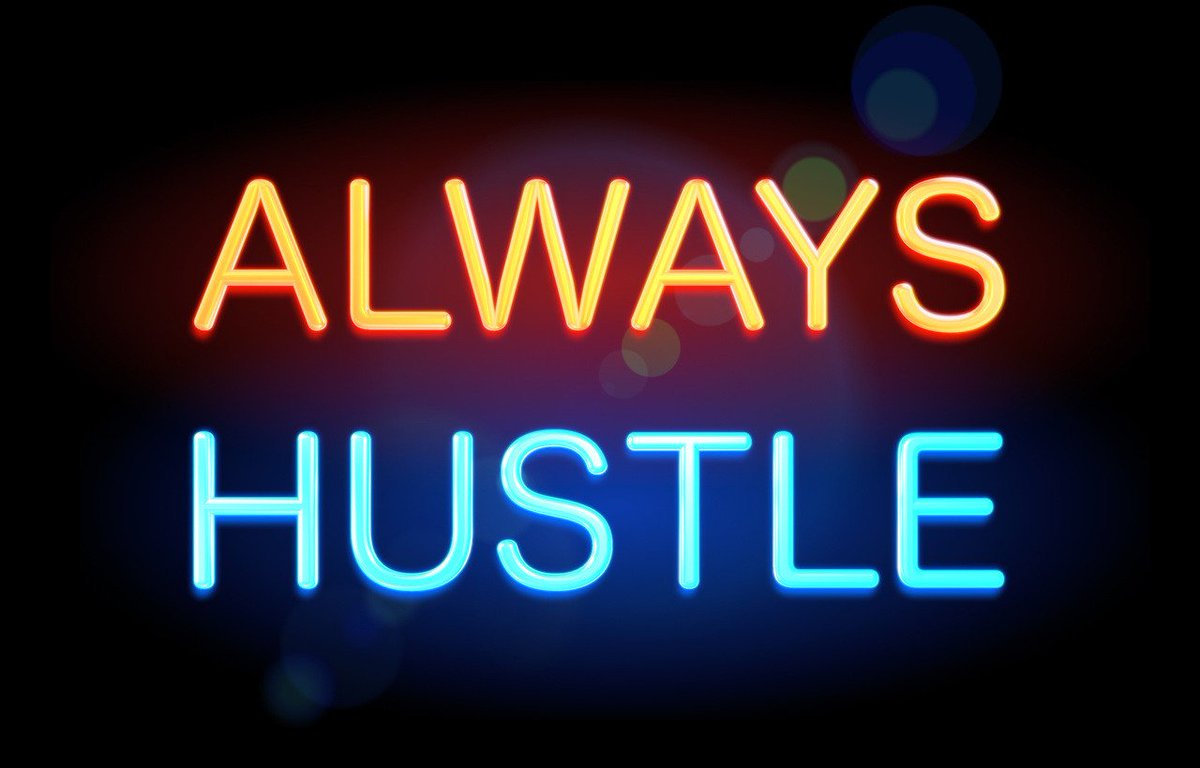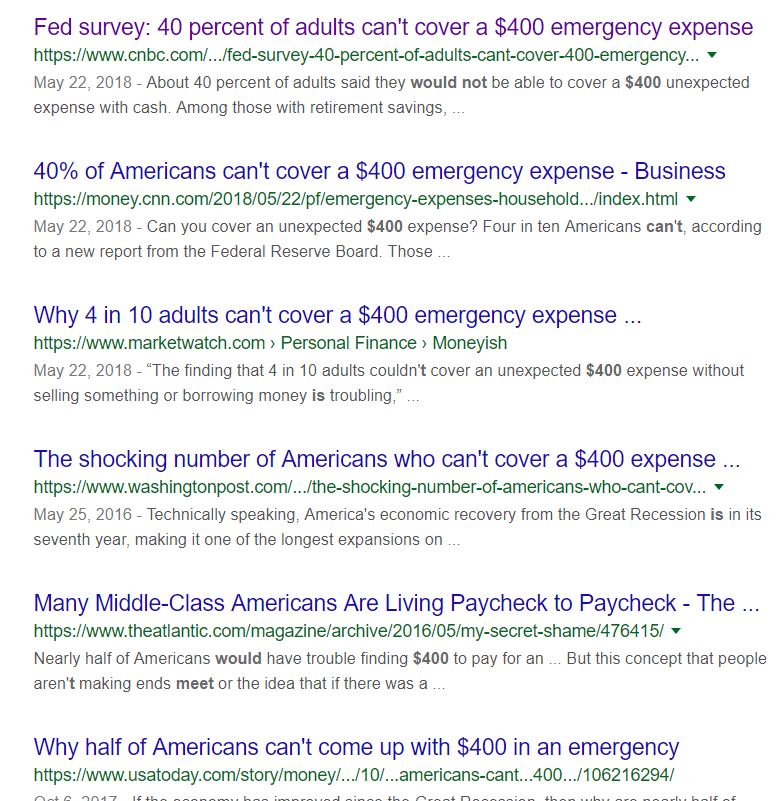Many people never think about their relationship to work and the fact that their beliefs have been around for hundreds of years
I believe there are nine "schools" of work:
Thread 👇
Pre-1800s:
1. Catholic Work Ethic
2. Protestant Work Ethic
Post 1800s:
3. Gospel Of Wealth
4. Meaningful Work
5. Paid gifts
6. Unpaid gifts
7. Hustle
8. Everything is work
9. Post-work
think-boundless.com/schools-of-wor…
Work is "toil", but necessary:
From the Bible “Cursed is the ground because of you; through painful toil you will eat food from it all the days of your life.– Genesis 3:17
‘Catholic view of work’ sees work, while not the worst sort of thing one could do, as middling and bearably tolerable at best."
However, "He who shall not work shall not eat" – St Paul
qz.com/work/1222017/t…
"the chances of overcoming traditionalism are greatest on account of the religious upbringing."
John Calvin helped cement the idea of a "calling" - this shifted work up the hierarchy of importance to become an end in itself instead of just an instrumental act.
"Labour must, on the contrary, be performed as if it were an absolute end in itself, a calling...It cannot be evoked by low wages or high ones alone, but can only be the product of a long and arduous process of education."
In the 1800s as soon as the infrastructure for acquiring unprecedented wealth emerged, the people who amassed that wealth needed new beliefs. Why?
Up to that point, labor was still seen as more important than money.
@AnandWrites has hotter takes on whether this was a good thing, but this signaled a profound shift, elevating making money over laboring itself.
The main argument being that wealth creation is good because it gives us productivity gains and cheaper stuff
"Man is dominated by the making of money, by acquisition as the ultimate purpose of his life. Economic acquisition is no longer subordinated to man as the means for the satisfaction of his material needs"
The modern version of the "calling" gradually shed the religious virtues:
"Out went the Protestant ethic’s prudence, thrift, temperance, self-discipline, and deferral of gratification."
city-journal.org/html/whatever-…
“For, in the end, it is impossible to have a great life unless it is a meaningful life. And it is very difficult to have a meaningful life without meaningful work” @level5leaders
"In accord with our predictions, we presented, evidence indicating highest life and work satisfaction for respondents who see their work as a Calling"
researchgate.net/publication/24…
"I’ve come to believe that each of us has a personal calling that’s as unique as a fingerprint"
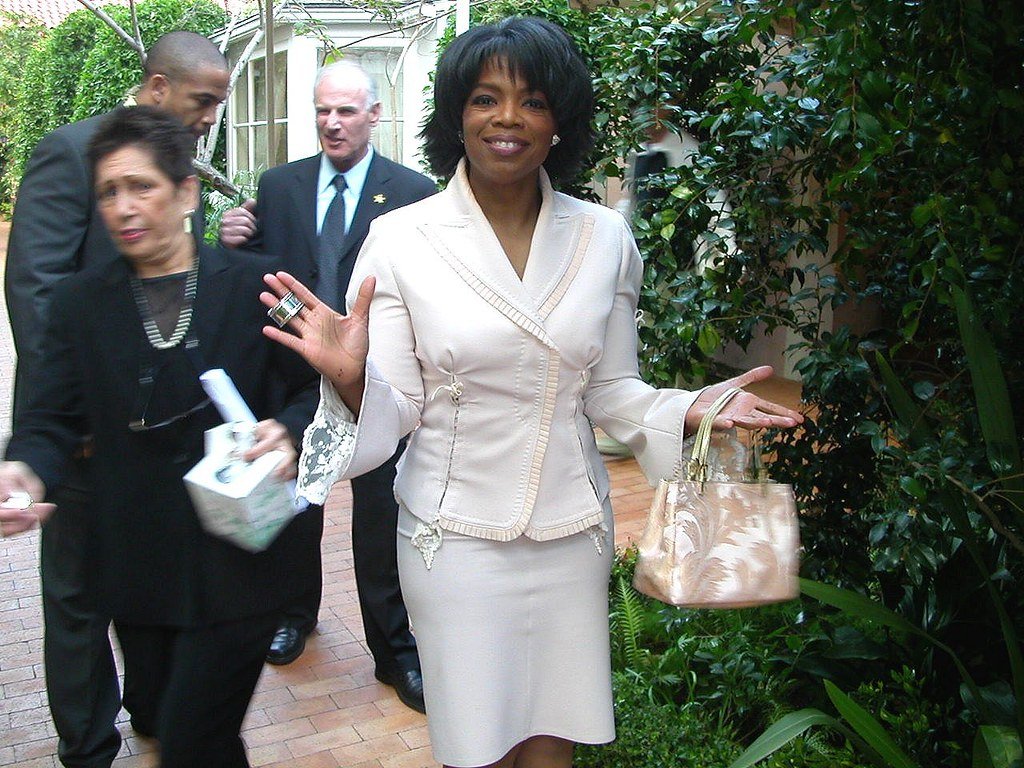
“forego 23% of their entire future lifetime earnings in order to have a job that was always meaningful.”
hbr.org/2018/11/9-out-…
"Meaningful work only has upsides. Employees work harder and quit less...The value of meaning to both individual employees, and to organizations, stands waiting, ready to be captured by organizations prepared to act"
"But in Japan, ikigai is a slower process and often has nothing to do with work or income.
sloww.co/ikigai/
“the central question upon which all creative living hinges: Do you have the courage to bring forth the treasures that are hidden within you?”
nytimes.com/2019/01/31/mag…
This is often a mindset many embrace after becoming disillusioned with meaningful work
"At that center we work because we love our work, and we love our work because we have chosen the right work, the work to which we belong."

"In right livelihood, then, I suggest that we orient ourselves toward our need and desire to give. I suggest that we look at the world with eyes of, “What opportunity is there to give?” and “How may I best give of my gifts?"
think-boundless.com/experiments-in…
“a wealthy man thinks that he owes it to public opinion to devote his leisure to some kind of industrial or commercial pursuit, or to public business. He would think himself in bad repute if he employed his life solely in living.”
"...the word “hustle.” We have caught it in the East, but we use it humorously, just as we once used the Southern word “skedaddle” but out West the word hustle is not only a serious term, it is the most serious..."
etymonline.com/word/hustle#et…
"I personally think that 996 is a huge blessing...How do you achieve the success you want without paying extra effort and time?"
To me this is a silly argument. Most people can choose to work crazy hours. People should be allowed to.
What's more interesting is asking why they do it?
Work eats everything...
This is a less of a "school" of work beliefs and more of a deeper belief upon which everything else rests. It is the result of all the previous work beliefs and taken as absolute truth and it necessitates we define everything as work
theguardian.com/lifeandstyle/2…
Many UBI proposals intend to pay caretakers
"it has to be a job, a profession: that is to say, the deployment of institutionally certified skills according to approved procedures"
We then try to everything into something that can be called work.
Suffering + Work as an End
"It is not the same as the absence of activity; it is not the same thing as quiet, or even as an inner quiet. It is rather like the stillness in the conversation of lovers, which is fed by their oneness."
"a figure of ceaseless, tensed, busied activity: a figure, whose main affliction is a deep existential restlessness fixated on producing the useful."
"The way we organize ourselves is so thoroughly, so singularly consumed by one particular ideology, that we are losing the capacity to imagine alternatives."
musingmind.org/essays/ubi-cap…
The final school of work is the post-work school which has been in session for at least 100 years.
What has changed is that this school has gone from something that seemed like a worthy goal to something that is easily dismissed as silly.
"Three-hour shifts or a fifteen-hour week"
think-boundless.com/revisiting-key…
"immense harm is caused by the belief that work is virtuous, and that what needs to be preached in modern industrial countries is quite different from what always has been preached."
think-boundless.com/revisiting-ber…
"in the early nineteenth century fifteen hours was the ordinary day’s work...When...busy-bodies suggested that perhaps these hours were rather long, they were told that work kept adults from drink and children from mischief.
"link between jobs and income is being broken. The economy of abundance can sustain all citizens in comfort and economic security whether or not they engage in what is commonly reckoned as work"
scarc.library.oregonstate.edu/coll/pauling/p…
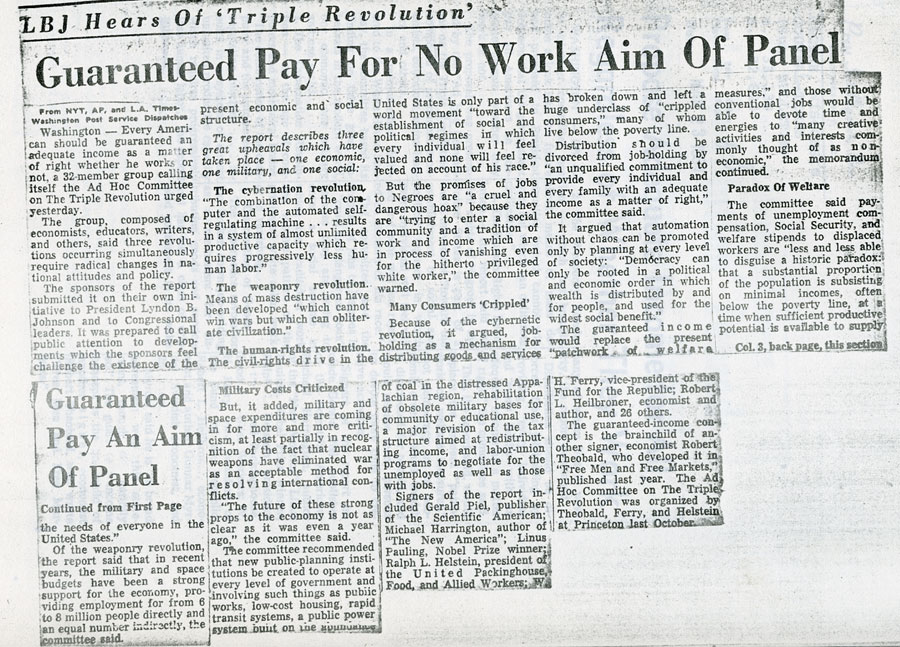
“Mastering skills, making a contribution to one’s society, and achieving goals are all key elements of the good life...But is the workplace really the best place to pursue such ends? I don’t think so.”
@askpang latest book explores this in his book Shorter and builds on his last book Rest
"...the 20th century will strike future historians as an aberration, with its religious devotion to overwork in a time of prosperity, its attenuations of family in service to job opportunity, its conflation of income with self-worth."
theatlantic.com/magazine/archi…
"that work is not only necessary to economic production, but also the centerpiece of ones identity and life’s purpose; and the belief that any policy to promote human welfare must always encourage more work"
Why a 40-hour week?
Why is work seen as good?
Why is hard work glorified?
Why is paid work higher status?
"work, not too much, with love, helping people directly if possible"
epsilontheory.com/in-praise-of-w…
"be intentional and honest about connecting your time and tasks to non-zero-sum, actual work products."
I genuinely get a kick out of conversing with people on these ideas!
boundless.substack.com/subscribe

